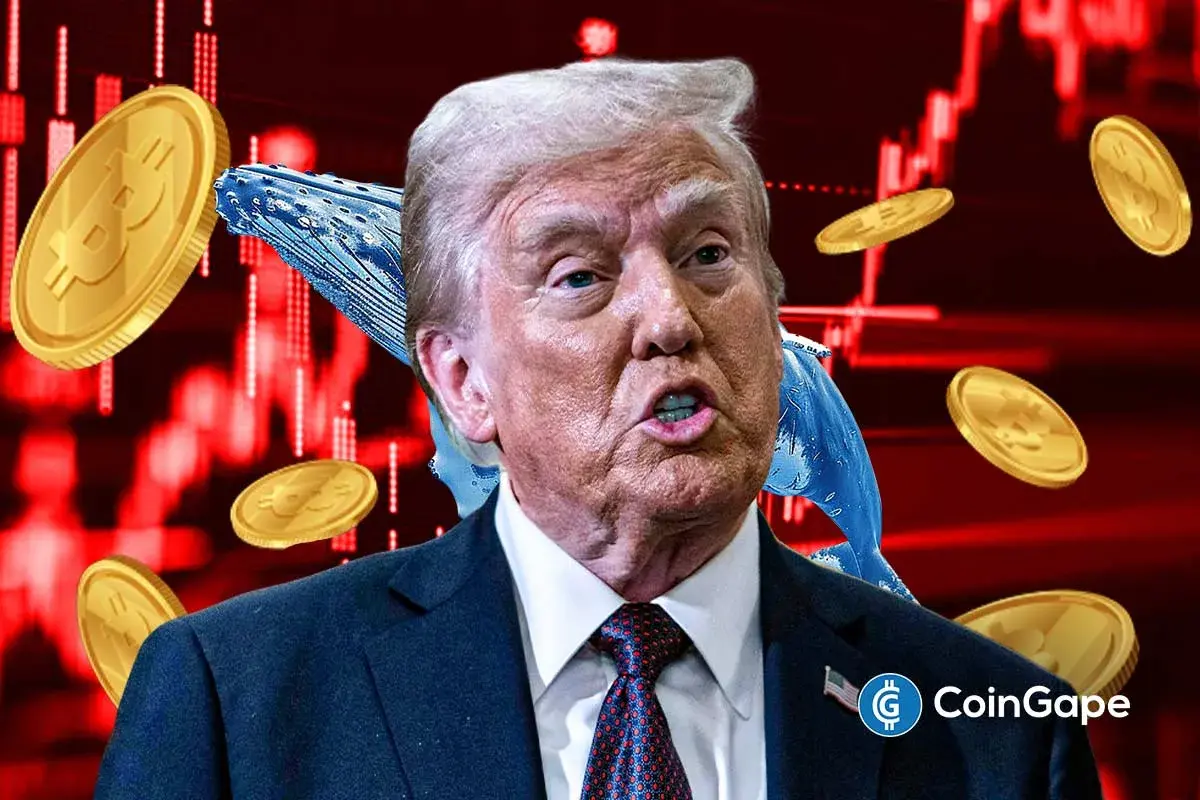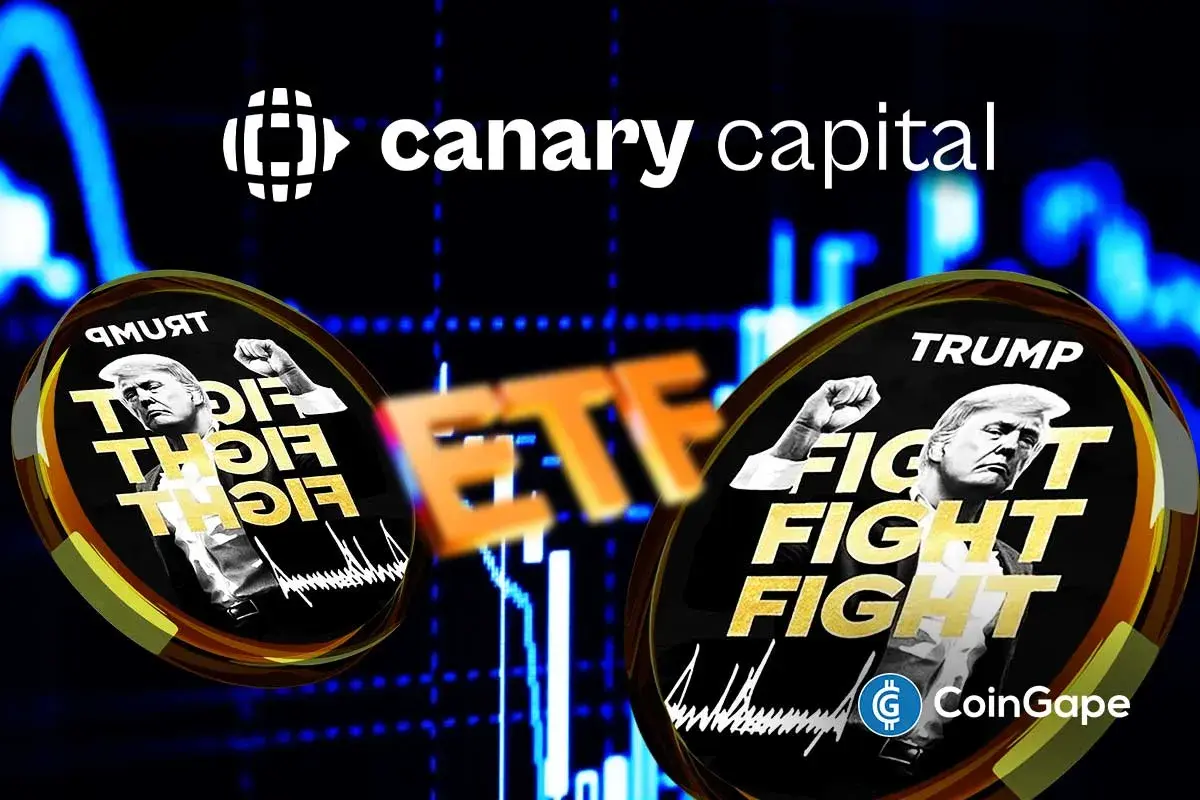SEC Veteran Says NFT Market is ‘Flat-Out Rigged’, Here’s Reason

In a recent tweet, John Reed Stark, a veteran of the U.S. Securities and Exchange Commission (SEC) has come forward to claim that the Non-Fungible Token (NFT) market is “flat-out rigged.” He suggests that market manipulation of NFTs is not only widespread but also tacitly endorsed.
The SEC Veteran’s Perspective on the NFT Market
Stark cites a study indicating that a staggering 95% of analyzed NFT collections have a market cap of zero Ether. These statistics are undoubtedly concerning and raise questions about the sustainability of many NFT projects. It highlights the potential prevalence of failed or fraudulent NFT endeavors.
It's Official: NFTs Will Go Down in History As Pet Rocks On Steroids (And Crypto Is On The Fast Track To Do The Same)
Stick a fork in the NFT marketplace, it’s dead. Remember when NFTs sold for millions of dollars? 95% of the digital collectibles are now probably worthless, less…
— John Reed Stark (@JohnReedStark) September 21, 2023
Stark also highlights that the most common price for an NFT is now $5-$10. This suggests a significant decline in the value of NFTs since the peak of the market, a far cry from the multi-million-dollar sales that once made headlines.
A major criticism Stark levy at NFT is its underlying nature. He refers to the digital collections as “fractionalized links to the metadata of JPEG files” and deems them an “offensive, shocking, and utterly ridiculous con game.” In his view, NFTs lack inherent value and are little more than digital assets tied to the concept of ownership and scarcity.
Stark went on to criticize venture capitalists and Wall Street profiteers who, he claims, became wealthy by promoting NFTs with promises of decentralization, financial inclusion, and instantaneous wealth. However, he asserts that many retail buyers ended up suffering financial losses while these financiers profited.
Stark Extends Criticism to Crypto World
Stark’s criticism extends beyond NFTs to encompass the entire crypto industry. He argues that crypto fails as an “investment” due to the absence of regulatory oversight, transparency, consumer protections, insurance, licensure, and net capital requirements.
He also emphasizes the prevalence of market manipulation, insider trading, and fraud, suggesting that investors are at a disadvantage from the outset. While some may view his criticism as harsh, it is a reminder that the crypto space, like any other financial market, needs to address its shortcomings to earn the trust and confidence of investors and participants.
It is worth noting that Stark is not the only one criticizing Non-Fungible Tokens. The Chinese government has been a vocal opponent of virtual digital assets in the country, having already banned cryptocurrencies and mining operations.
- Expert Predicts Bitcoin Dip to $49K as ‘Trump Insider’ Whale Dumps 5,000 BTC
- Bitcoin Price Rebounds $70K, Here are the Top Reasons Why?
- Crypto Market Weekly Recap: Crypto Bill White House Meeting, Binance Buys $1B BTC, and More (9- Feb 13)
- TRUMP Coin Pumps 5% as Canary Capital Amends ETF Filing With New Details
- Crypto Prices Surge Today: BTC, ETH, XRP, SOL Soar Despite US Government Shutdown
- Crypto Price Prediction For the Week Ahead: Dogecoin, Solana and Cardano
- Bitcoin Price Prediction: How Could Brazil’s Strategic Bitcoin Reserve Proposal Impact BTC?
- 3 Top Reasons Pi Network Price Surging Today (14 Feb)
- XRP Price Prediction Ahead of Potential U.S. Government Shutdown Today
- Bitcoin Price Outlook As Gold And Silver Lose $3.6 Trillion in Market Value
- XRP and Ethereum Price Prediction as Trump Seeks to Lower Key Tariffs


















